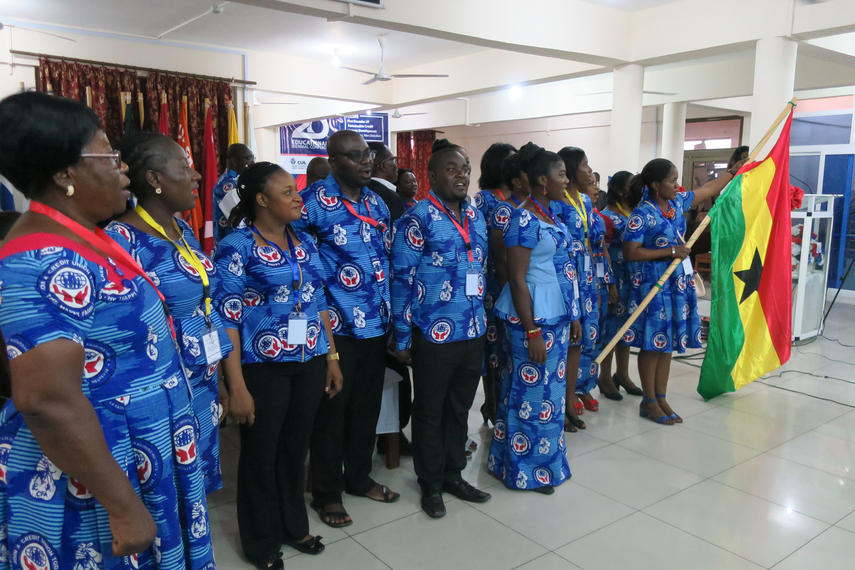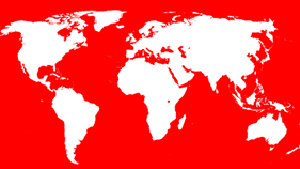Countries
The Gambia, Ghana, Sierra Leone, Senegal
Local project partners
Ghana: Co-operative Credit Union Association (CUA),
The Gambia: National Association of Co-operative Credit Unions of The Gambia (NACCUG),
Sierra Leone: National Co-operative Credit Unions Association (NACCUA), ILCUF
Senegal: Directorate of Microfinance and Financial Inclusion (DMIF)
German project partner
Rheinischer Sparkassen- und Giroverband (RSGV), Düsseldorf
Sparkasse Attendorn-Lennestadt-Kirchhundem
Donor
Bundesministerium für wirtschaftliche Zusammenarbeit und Entwicklung (BMZ)
Duration
01.10.2018 - 30.06.2026
The development of the four project countries in West Africa is characterized by continued inadequate access to appropriate financial services as a major obstacle to development. This particularly affects women and young people. Credit cooperatives make a significant contribution to providing the primarily rural population with financial services, but the organizational and institutional development of the associations and their affiliated institutions still needs to be expanded.
The project's activities are designed to sustainably transform the financial sector in West Africa by strengthening the credit union sector. This is intended to contribute to greater inclusion of previously excluded or disadvantaged population groups, who will participate in economic life through better and equal access to financial services and educational measures, thereby creating economic prospects, reducing structural inequalities and thus contributing to poverty reduction.
Project Tasks
The credit union associations and affiliated credit unions (CUs) in the project countries are continuing to develop their organisations so that they can offer needs-based services and demand-oriented financial services and products to their members – especially micro, small and medium-sized enterprises (MSMEs), women and young people. South-South exchange between the partner associations is to be intensified and permanently established. (Potential) members of the KG – especially women and young people – receive comprehensive support, which contributes to job creation and thus to the promotion of the local economy.


